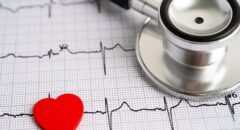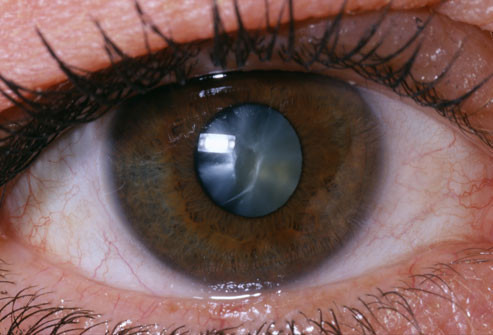Ray Rivera recalls boasting to friends about his heart health. During a span of four years, he’d walked more than 1,500 miles along the famous Camino de Santiago, the ancient pilgrimage trails throughout Spain, Portugal and France.
Then during a routine checkup in 2015, Rivera was diagnosed with atrial fibrillation, or an irregular heartbeat. Within a few months, doctors also identified a leaky heart valve and an aneurysm. Surgery in 2016 to replace the valve and perform an ablation to correct the AFib also revealed two clogged arteries requiring a bypass.
The diagnoses hit Rivera, then 61, hard. He was active, maintained a healthy weight and didn’t have high blood pressure or high cholesterol. Although his brother had undergone bypass surgery a few years earlier, Rivera hadn’t realized that family history could mean he was at risk for heart disease, or that age increased the risk for AFib.
Ray Rivera during a 200-mile walk in France in 2016, about six months after his heart surgery. (Photo courtesy of Ray Rivera)
“I was going around telling everyone how strong my heart was,” said Rivera, who lives in Pasadena, California. “I just assumed I was fit and heart-healthy.”
Rivera’s experience isn’t unusual, said Dallas-area cardiologist John Osborne, M.D., Ph.D., who specializes in treating AFib at State of the Heart Cardiology.
“Many AFib patients don’t have symptoms, so it’s important, particularly as you get older, to get checked,” Osborne said.
September is National AFib Awareness Month. The condition affects more than 2.7 million Americans and occurs when electrical signals in the upper chambers of the heart become chaotic, disrupting the regular rhythm of the heart and its ability to efficiently move blood through its chambers. Left untreated, AFib may increase the risk for stroke by five times and doubles the chance of heart-related death.
“Treatments now are dramatically better than even a few years ago and most AFib patients can lead a normal life,” Osborne said.
The risk of developing AFib increases with age, affecting about 9 percent of people over age 65. Other risk factors include uncontrolled high blood pressure, underlying heart disease, family history, obesity and sleep apnea. Excessive alcohol consumption, smoking and prolonged athletic training can also increase AFib risk.






